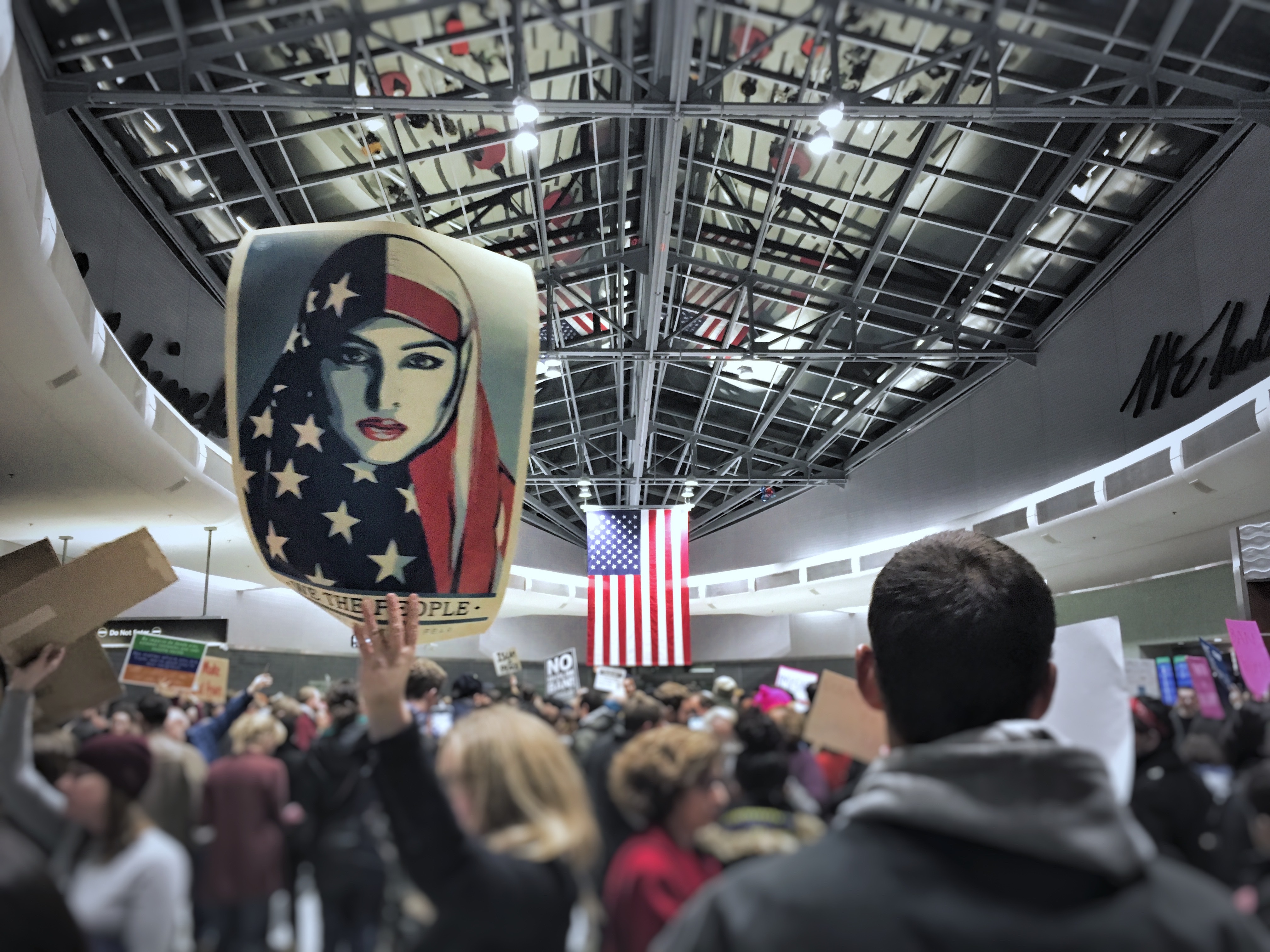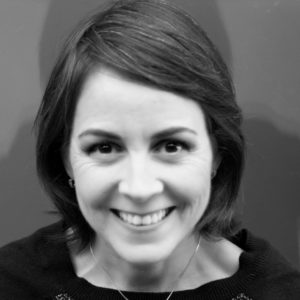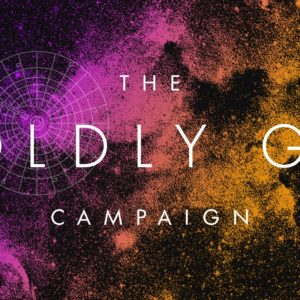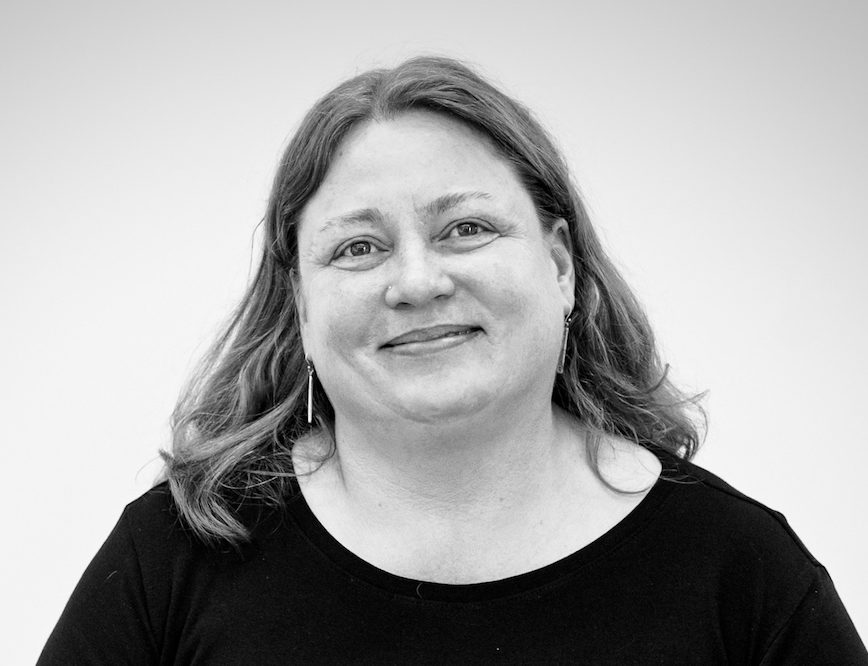Featured, Roddenberry Fellowship
Roddenberry Fellowship 2020
Great! We’re thrilled you’re considering a Fellowship application because that probably means you’re doing badass work to make our country better. (If you’re not — this may not be the right program for you…)
2020 Fellowship Criteria
Broadly speaking, the Fellowship is designed to support talented and passionate individuals who have a clear vision and a plan for how to shape public discourse, inspire action, dismantle structural barriers to change, and challenge the current social and cultural climate.
More specifically, applicants need to be:
- based and doing their work in the US
- working in one of four issue areas (Civil Rights, LGBTQIA and Women’s Rights, Environmental Protection, and Immigration & Refugee Rights)
- a founder, co-founder, executive director, CEO, or in a similar key decision-maker role
Finally, if the work is based at an organization, the organization needs to have a budget of under $2 million. So the criteria is all on the site, but what about the big picture?
Fellowship Big Picture
We’re looking for people who are deeply rooted in the community they’re supporting, have a track record of impact and commitment to this work, and have an idea for a new initiative or program for which this Fellowship’s benefits (grant, coaching, community) will be helpful.
What does this look like in practice? Let’s look at a few fellows and alums who embody the spirit of the Fellowship — a deeply committed person, with an innovative and creative idea, at the right time:
- The cannabis industry is blowing up – but it’s leaving people of color behind on economic opportunities. Ebele co-founded The Hood Incubator, which works to increase the participation of Black communities in the legal cannabis industry. Given the industry’s momentum, the incubator’s focus on providing access to Black communities, and Ebele’s track record of activism — their application was an easy yes.
- Souta’s career has been spent supporting the native community, and she noticed a disconnect between natural resources and sense of place. She co-founded Indigenous Vision, which empowers the Indigenous identity through virtual reclamation of traditional territories and asserting the Indigenous right and benefit of environmental stewardship. When she applied for the first cohort, her organization was at a point where a community of peers, coaching, and the grant had the potential to catalyze her work to the next level.
- Finally, Arturo is very much a part of the community he supports – his parents founded Casa Pueblo and Arturo has continued the momentum around changing Puerto Rico’s energy landscape of a country dependent on fossil fuels to one based on renewable energy sources. Arturo’s application had the ideal combination of public attention toward alternate energy sources, Puerto Rico’s recent energy crisis, and his own deep history of community engagement and technical expertise.
So while there’s no one size fits all for these applications, there are threads and themes that run through the first two cohorts. Think this sounds like you? You can get the ball rolling here.




